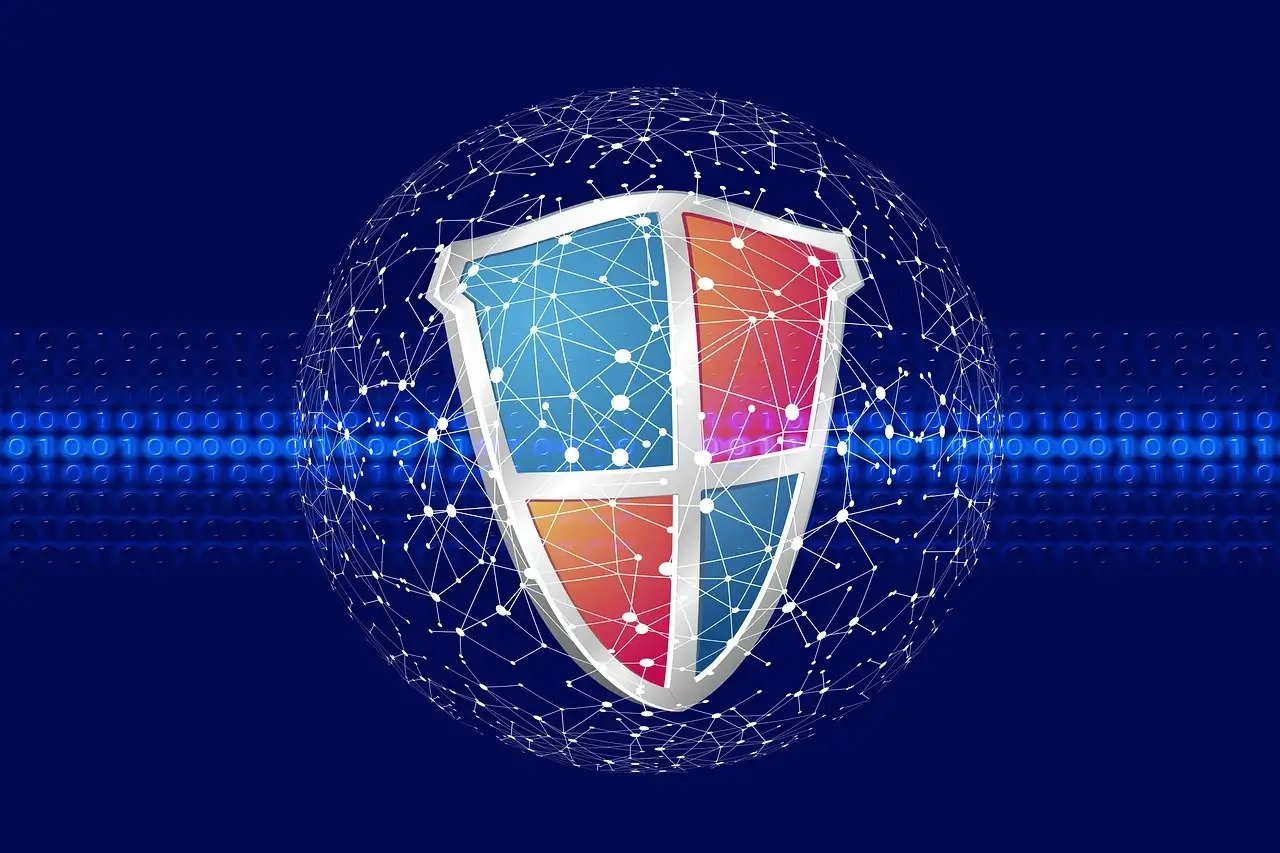 A recent successful hotel management hack that compromised data from several major hotel chains highlights the many potential ways attackers can go after your business data and underscores the importance of mitigating risk across digital supply chains. In other words, hackers won’t always go after your company data directly but rely on your partners’ security weaknesses to sneak in the back door.
A recent successful hotel management hack that compromised data from several major hotel chains highlights the many potential ways attackers can go after your business data and underscores the importance of mitigating risk across digital supply chains. In other words, hackers won’t always go after your company data directly but rely on your partners’ security weaknesses to sneak in the back door.
The Otelier Data Breach at a Glance
The headline-grabbing hotel management hack occurred when hackers accessed Otelier, a hospitality management platform. The service uses automation to streamline hospitality operations for better guest experiences and management efficiency.
According to Otelier, hackers could steal login credentials from an employee and use them to scrape more information. Ultimately, this resulted in the theft of 7.8 terabytes of data from companies like Marriott and Hilton. The data included internal company documents, personal guest data, accounting information, and more.
Upon discovering the breach, Otelier terminated the unauthorized access and deactivated the infected accounts. The investigation is ongoing.
What the Hotel Management Hack Means for Your Company’s Cybersecurity Efforts
The Otelier incident highlights the vulnerabilities of digital supply chains. The increase in cyberattacks targeting third-party partnerships means you can’t afford to neglect strengthening your company’s cybersecurity defenses against attacks on your partners.
Response Plan Development and Testing
What happens if your company is caught in a breach involving a supply chain partner? Without a coordinated incident response plan, it’s harder to collaborate with them and minimize damage.
Employee Education and Training
The hotel management hack reminds us that employees remain a significant cybersecurity risk. Ongoing, comprehensive training on security best practices, including recognizing phishing attempts and password management, can help thwart attacks.
Prioritizing Security with Third-Party Providers
Protecting your company begins with prioritizing cybersecurity when selecting and onboarding supply chain partners. There is no substitute for due diligence and a thorough evaluation of the company’s security posture and protocols to identify weaknesses in data protection protocols.
Partner contracts must establish clear security standards and expectations for partners, including:
- Data encryption
- Access controls
- Data sharing practices
- Adherence to established security frameworks
- Incident response
- Regular audits to verify compliance with security requirements
Transparent communication and partner collaboration are critical to addressing emerging vulnerabilities and threats. Protocols should be established to ensure ongoing threat intelligence sharing and keep everyone one step ahead of attackers.
Create a Zero Trust Environment
With a zero-trust approach to cybersecurity, there is no default access or trust. Even trusted third-party partners must comply with strict access controls and authentication protocols to access your network. Monitoring partner network activity is also critical to maintaining a zero-trust and proactive security stance.
By taking these measures, your business can bolster cybersecurity within the digital supply chains, reducing the risk of breaches like the hotel management hack. Improving resilience to such threats protects revenue, your company’s reputation, and productivity.



